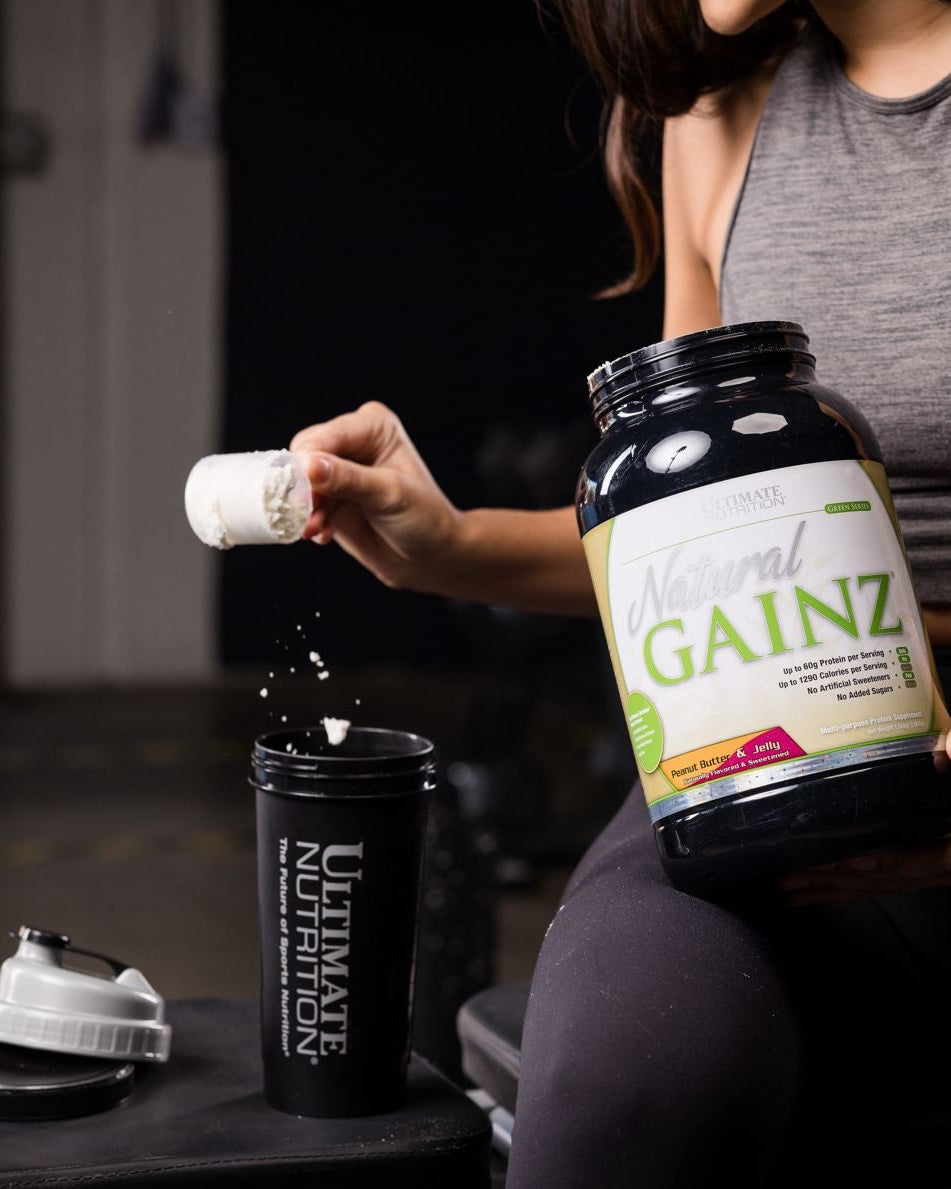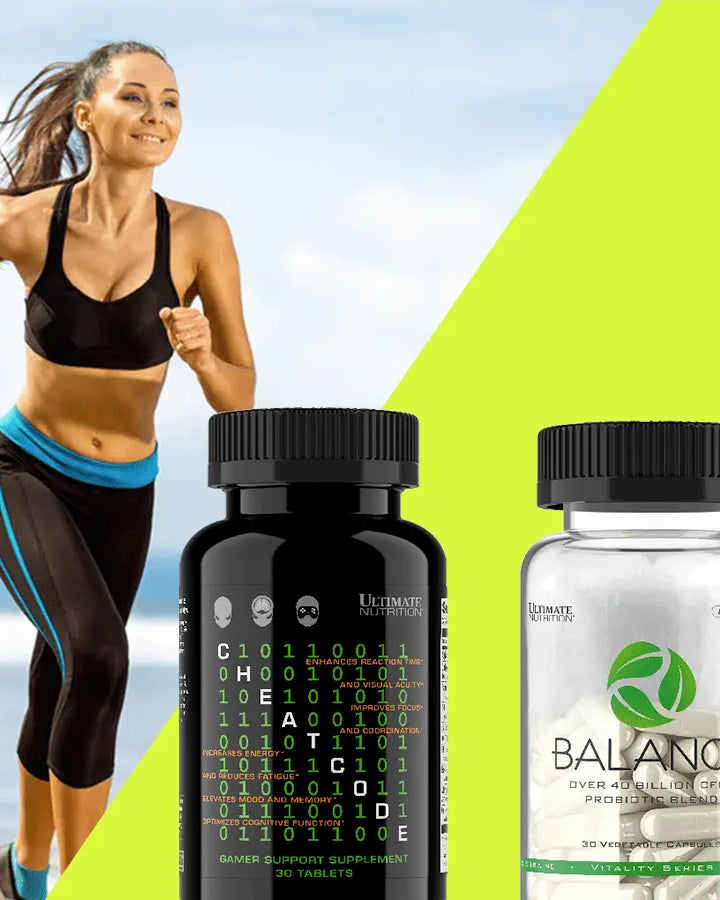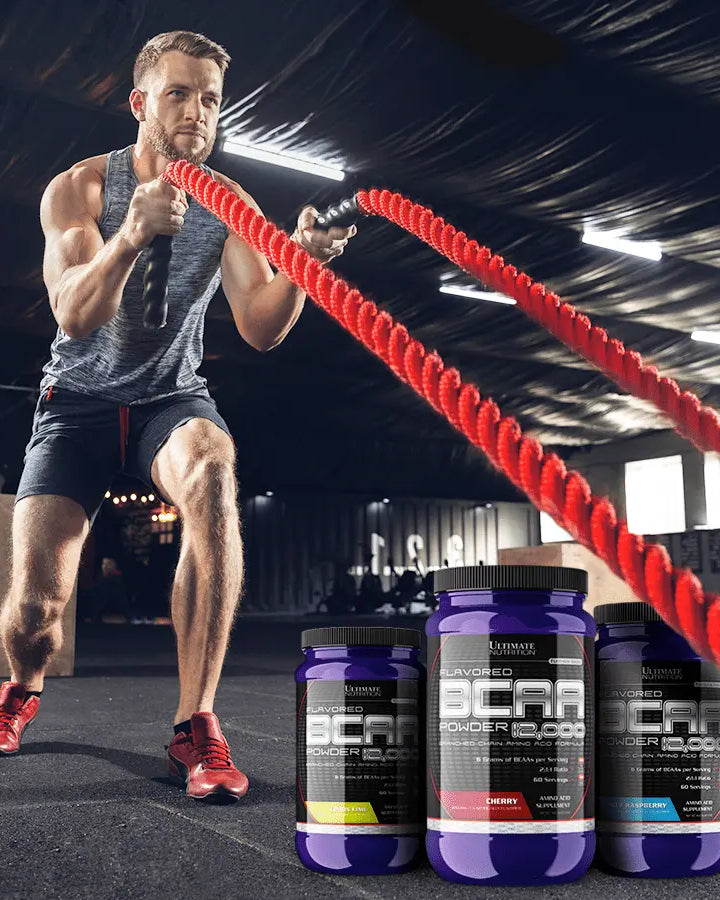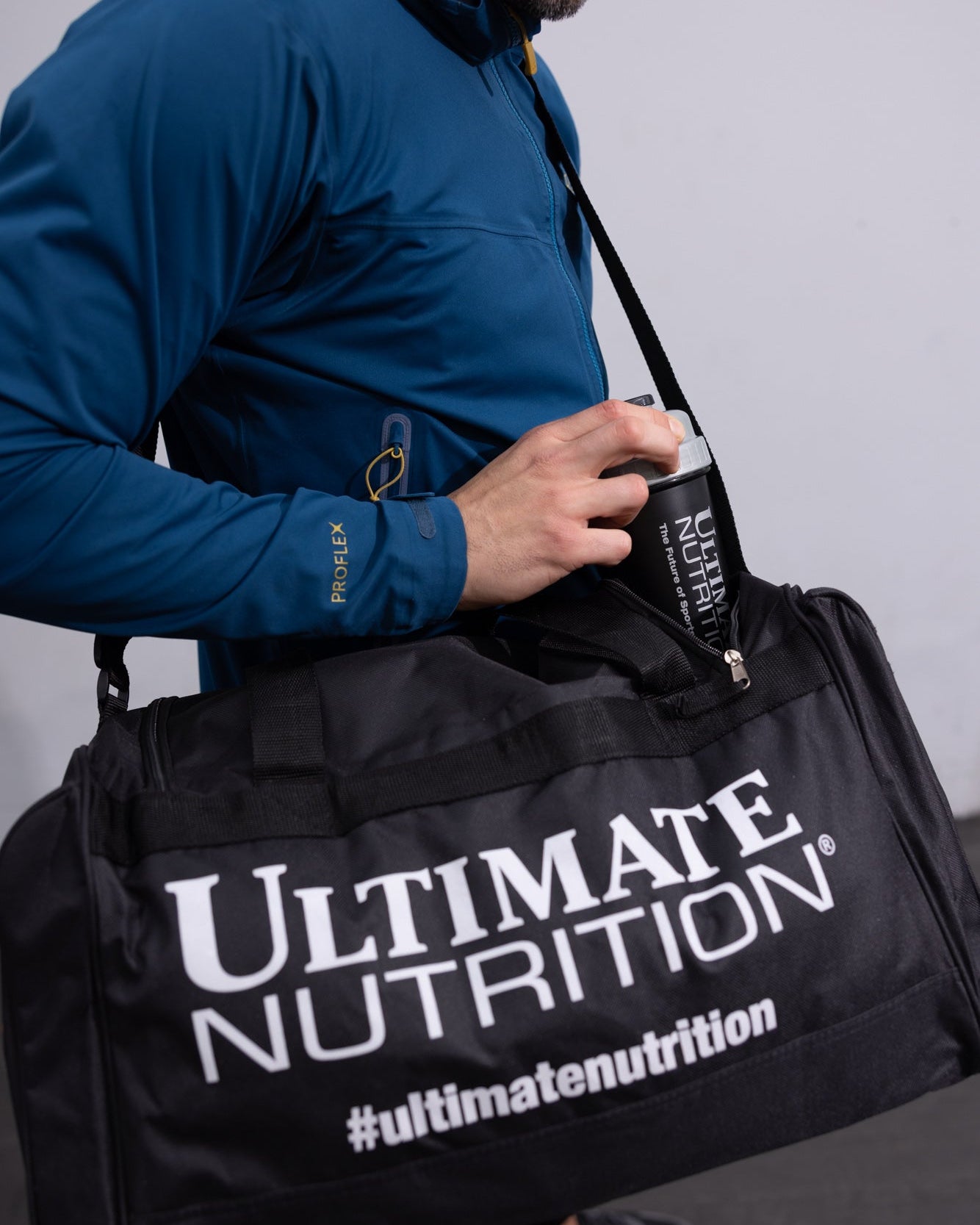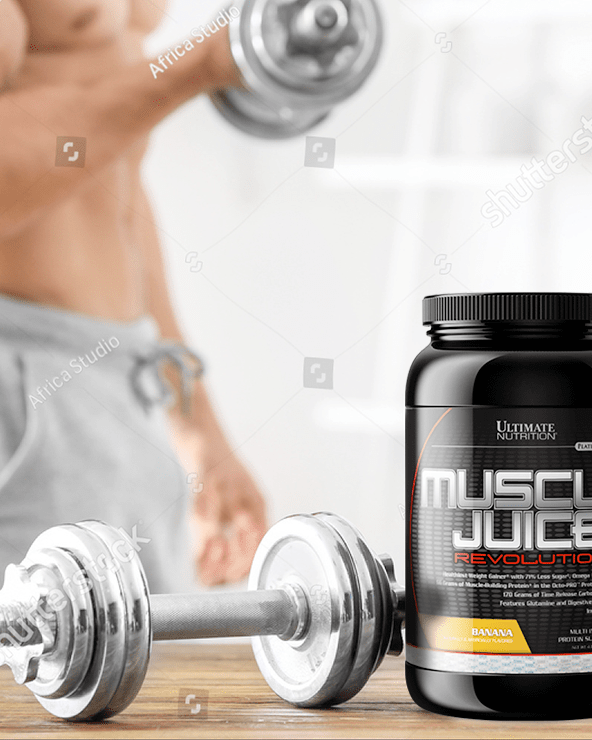Creatine, the popular performance-enhancing supplement has come a long way since it was first discovered in the 1830s. From early misconceptions and myths to more recent understandings of its benefits, creatine has proven to be a staple in the fitness and sports nutrition world. This article will attempt to unmask some of the lingering myths surrounding creatine, while shedding light on its many benefits, with a special nod to the quality creatine products offered by Ultimate Nutrition.
Although often associated with professional athletics and weightlifting, creatine isn't just for the elite athlete anymore. It's used by people of all ages and fitness levels. So, whether you're an athlete looking for that competitive edge, or someone just looking to stay active and healthy, this article is for you. Let's dive into the science of creatine and reveal why it's one of the most researched and respected supplements on the market.
DECODING CREATINE MYTHS
Myth 1: Creatine is a Steroid
This is one of the most common creatine misconceptions. Contrary to this belief, creatine is not a steroid. In fact, it's a naturally occurring substance that our bodies produce, and it’s also found in various foods, such as red meat and fish. While steroids are often synthetic drugs that mimic the effects of testosterone, creatine works by helping our muscles produce energy during heavy lifting or high-intensity exercise.
Furthermore, unlike steroids, long-term use of creatine has not been linked to any serious side effects. In fact, the International Society of Sports Nutrition considers it one of the most studied and safest supplements available. A study in the Journal of Clinical Pharmacology found that long-term creatine supplementation does not result in adverse health effects.
Myth 2: Creatine Causes Dehydration and Cramps
Another common myth is that creatine causes dehydration and muscle cramps. This myth likely originates from the fact that creatine causes water retention in muscles, leading some to believe it may deplete the rest of the body's water supply. However, scientific research has refuted this claim.
Several studies, including a large review published in the Journal of Athletic Training, found no evidence that creatine causes dehydration or related issues like muscle cramps or heat intolerance. In fact, the review found that creatine can actually reduce risk for dehydration, heat illness, and muscle cramps.
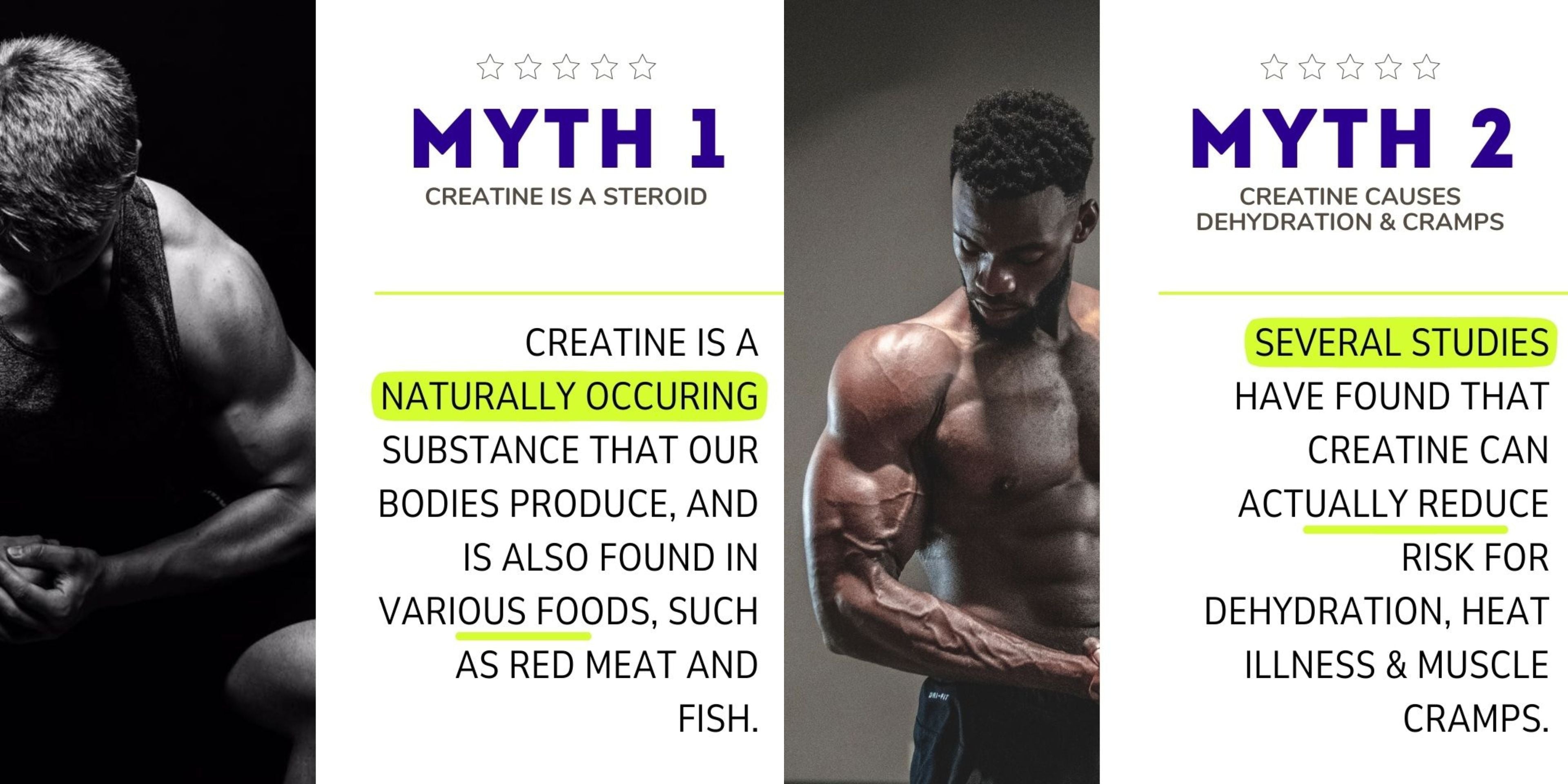
Myth 3: Creatine is Harmful to Your Kidneys
The concern that creatine supplementation might harm kidney function is a misconception debunked by extensive scientific research. While some worry about the kidneys' role in processing creatine, studies consistently demonstrate that moderate creatine supplementation is generally safe for healthy individuals and does not lead to kidney damage. Research has shown that creatine, when taken within recommended doses, does not negatively affect kidney health.
In a Journal of the International Society of Sports Nutrition study, a 12-week creatine supplementation showed no harm to kidney function or health markers in healthy participants. A review in the same journal confirmed creatine's safety, short and long-term, for those without kidney problems. Despite the ongoing myth, scientific agreement supports moderate creatine use for most. Consulting a healthcare professional before starting any supplement, particularly with existing health issues, is wise.
Myth 4: Creatine is Only for Bodybuilders
The misconception that creatine is exclusively for bodybuilders neglects its versatile benefits for a wider spectrum of individuals. While traditionally associated with bodybuilding, scientific research underscores its relevance to athletes, fitness enthusiasts, and even older adults. Creatine's advantages extend beyond muscle building, encompassing enhanced exercise performance and preservation of muscle mass.
Scientific research, including the "Journal of the International Society of Sports Nutrition," demonstrates creatine's value for muscle growth and exercise enhancement, combining creatine with resistance training benefits muscle mass, strength, and function in older adults. By debunking the idea that creatine is only for bodybuilders, you can promote its advantages to athletes, fitness enthusiasts, and older individuals aiming to improve their physical well-being.

Myth 5: Creatine Causes Water Retention & Bloating
The myth of creatine causing bloating through water retention needs clarification. While creatine increases water in muscle cells, it's not the same as general bloating from excessive water retention. Creatine's water retention mainly occurs in muscles, enhancing hydration, muscle volume, and nutrient transport. This localized effect is temporary and reversible, distinct from the misconception of persistent bloating.
Intramuscular water retention from creatine benefits muscle growth and recovery. It doesn't cause long-lasting body-wide bloating but gives muscles a fuller, pumped look, especially post-workout. Explaining the temporary, localized nature of creatine's water impact can correct the misconception and highlight its genuine benefits. (Source)
Myth 6: Creatine is Only Effective for Men
The misconception that creatine's benefits are confined to men overlooks the substantial evidence indicating its efficacy for both men and women. While hormonal variations can lead to slightly different responses, scientific research demonstrates that individuals of all genders can experience improvements in performance and strength through creatine supplementation.
Numerous studies have consistently shown that creatine is effective for both men and women. Female athletes using creatine experience notable improvements in strength and muscle performance. Research involving older individuals of both genders demonstrates that creatine supplementation enhances muscle strength and lean tissue mass. By debunking the idea that creatine is only beneficial for men and highlighting its advantages for everyone, you can provide accurate information that broadens the understanding of creatine supplementation's potential benefits.
Myth 7: Creatine is Banned in Sports
The misconception that creatine is prohibited in sports needs clarification, as it is widely accepted and permitted by prominent sports organizations. Contrary to this belief, creatine is not listed as a banned substance by organizations such as the World Anti-Doping Agency (WADA) and the International Olympic Committee (IOC). These organizations ensure fair competition and the avoidance of performance-enhancing substances, and creatine falls within the category of allowed supplements, provided they do not contain prohibited components.
Extensive research confirms creatine's effectiveness in improving athletic performance, especially in short bursts of intense activity. Reputable sources like the ISSN emphasize its safety and efficacy, emphasizing that it's not prohibited. Clearing up misconceptions and presenting evidence highlights creatine's accepted role as a valuable supplement for athletes, empowering them to make informed choices for enhanced performance. We recommend you always check with your sports association and governing bodies before starting any new nutritional product.
Myth 8: You Need to Load Creatine
Clarifying the need for creatine loading is important. While loading saturates muscle stores quickly, it's not necessary for effective results. Research indicates that both loading and starting with a maintenance dose enhance muscle creatine levels and performance similarly, without a significant loading advantage.
In practice, opting for a maintenance dose of 3-5 grams per day without loading is a practical alternative. This approach gradually raises muscle creatine levels over a more extended period, offering convenience and comfort. Dispelling the notion that loading is required empowers individuals to choose a manageable and effective dosing strategy for the benefits of creatine supplementation.

THE BENEFITS OF CREATINE: BEYOND THE MYTHS
After dispelling common creatine myths, let's delve into its well-documented benefits. From enhancing athletic performance to supporting overall well-being, creatine offers a wide range of advantages.
One primary benefit of creatine is its positive impact on exercise performance. Numerous studies consistently show that incorporating creatine supplements leads to significant improvements in strength, power, muscle endurance, and recovery across various athletic aspects. This makes creatine an indispensable supplement for athletes and fitness enthusiasts alike.
Interestingly, creatine's positive influence extends beyond muscles to brain health. Often overlooked in fitness circles, creatine plays a pivotal role in brain function and cognitive abilities. Higher brain creatine levels have been linked to improved cognitive performance, particularly in tasks requiring quick thinking, short-term memory, and intellectual acumen. Studies indicate that including creatine in one's supplementation can enhance cognitive function, reduce mental fatigue, and even mitigate the effects of sleep deprivation. (Source)
Furthermore, incorporating creatine into a regimen holds potential therapeutic value for certain neurological conditions. Ongoing research suggests its ability to promote neuroprotection, potentially slowing the progression of neurodegenerative disorders like Parkinson's and Huntington's diseases. Despite these promising findings, further investigation is needed to fully understand creatine's implications for overall neurological health.
THE ULTIMATE NUTRITION DIFFERENCE: QUALITY & PURITY
Amidst the extensive array of health advantages linked to creatine, the selection of a high-caliber supplement holds paramount importance in order to maximize its potential. This is where Ultimate Nutrition steps in, showcasing products such as their Creatine Monohydrate – a premium-grade creatine supplement meticulously crafted to invigorate your workout sessions and elevate your recovery. Or check out Ultimate Nutrition’s all in one gainer formula; ISO Mass Xtreme Gainer a protein isolate powder with creatine, designed to help you gain serious muscle mass without the added fat deposits. This Gainer also covers your maintenance phase at 7.5g of CREA mass per serving.
While a multitude of creatine forms flood the market, research underscores creatine monohydrate as the most efficacious variant. It comprises 100% pure creatine, devoid of any extraneous fillers or additives, ensuring optimal value for your investment. Ultimate Nutrition's supplements adhere to the most rigorous industry benchmarks, ensuring a product of unparalleled purity and excellence.

YOUR TAKE HOME MESSAGE
After thorough exploration, it's clear that creatine offers diverse advantages beyond enhancing athletic performance. By dispelling myths and highlighting its potential for cognitive enhancement and neurological health, creatine's versatility is undeniable, making it a valuable addition to health and fitness routines.
For optimal benefits, the importance of quality cannot be overlooked. Ultimate Nutrition's Creatine Monohydrate serves as a prime example, offering a pure and potent supplement that outperforms others. Whether you're an athlete, fitness enthusiast, or seeking overall well-being and mental clarity, creatine, especially from reputable brands like Ultimate Nutrition, holds significant value.
In conclusion, the benefits of creatine are now revealed, demonstrating its secure, effective, and multifaceted nature. Across fitness and more, creatine stands as a promising substance with remarkable potential.
The information provided in our articles are meant for informational and educational purposes exclusively and should not be considered as medical advice. It is essential to consult a healthcare professional before starting a new nutritional product and/or making significant changes to your diet and/or starting a new exercise regime. These products are not intended to diagnose, treat, cure, and/or prevent disease.

